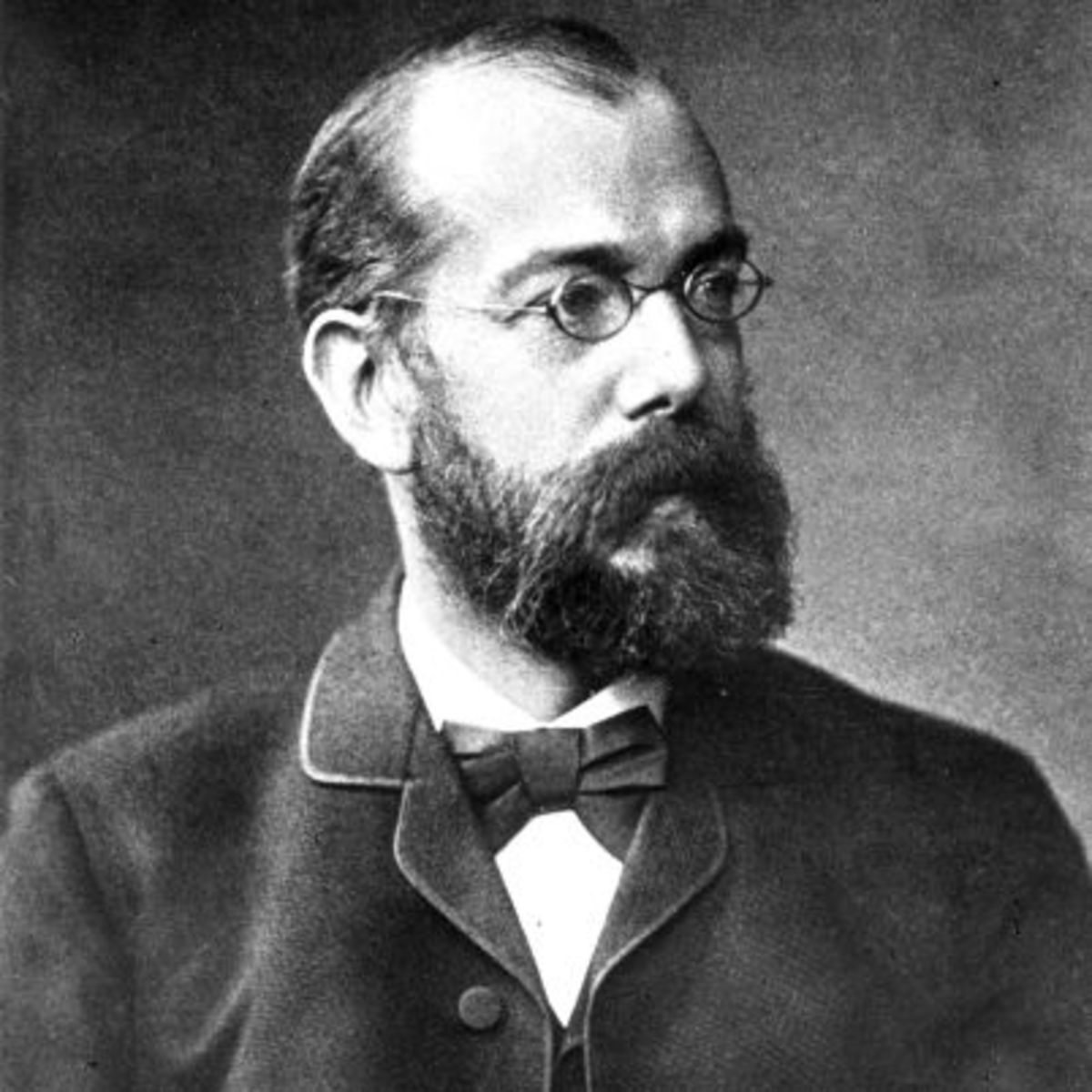This Day in History: February 10, 1897
Additional Date: February 10, 1897
On 10 February 1897, Robert Koch, a German bacteriologist, discovered a vaccine successful in the prevention of the animal disease, rinderpest.
Robert Koch was brought to South Africa by the Cape Government to investigate and find a cure for a cattle plague, which broke out during the last decade of the 19th century. The epidemic affected most of southern African, but it hit the Transvaal and Northern Cape particularly hard, bringing socio-economic disaster to President Kruger's Zuid-Afrikaansche Republiek.
Koch's stay in Kimberley was sponsored by the De Beer's Company and the Kimberley Diamond Fields Ad'lertisergave. During his stay he found that an inoculation of bile from an infected animal safeguarded the rest of the herd.
Koch propounded the theory that 'one germ causes one disease- every disease has its specific germ' and took the first step in vaccine therapy with his rinderpest inoculation. He received the Nobel Prize for his work in 1905.
